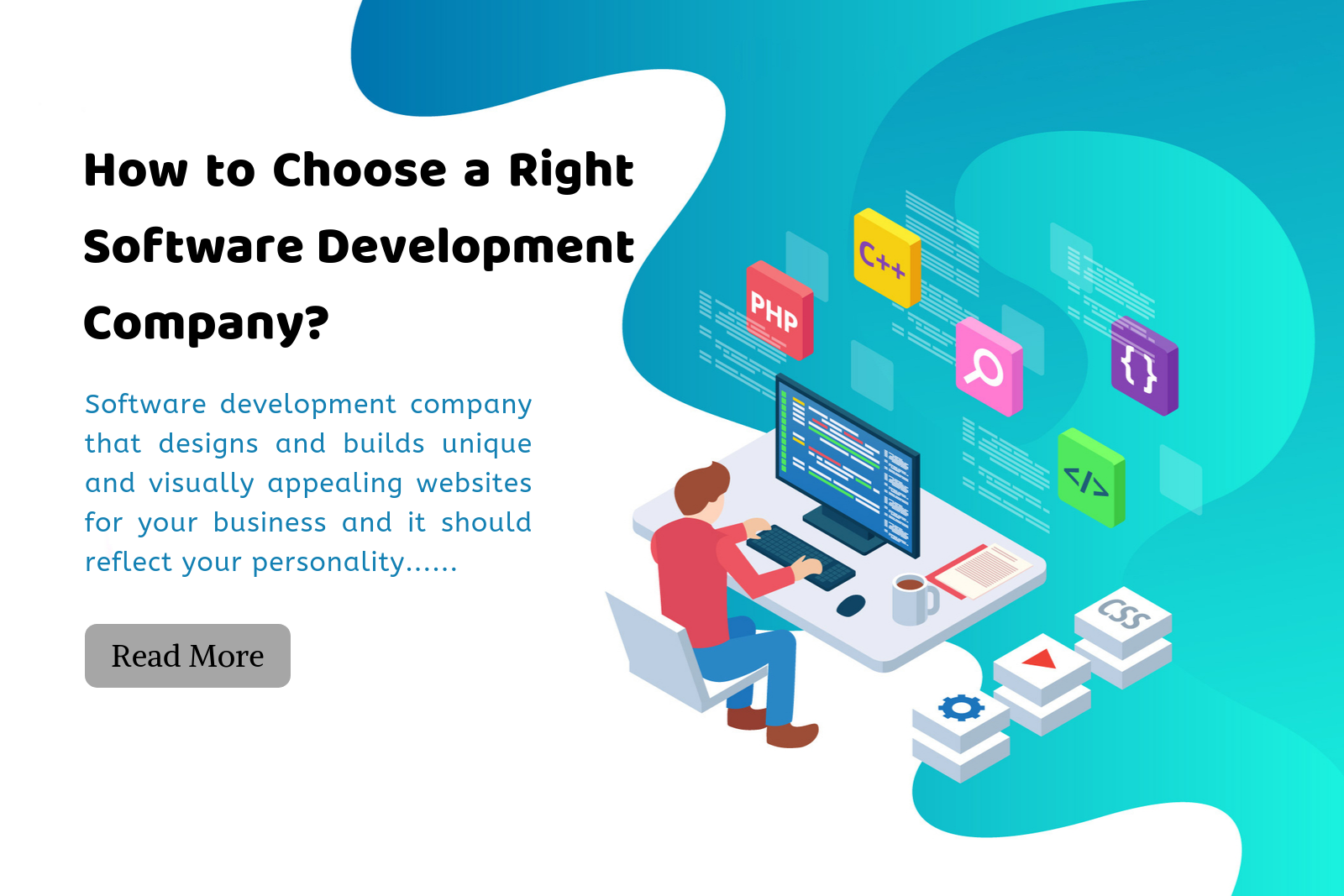Why Startups Need a Professional Software Development Company in 2025

The startup ecosystem in the United States has never been more competitive. From tech-driven solutions to niche digital services, every new business needs a robust technological backbone to survive and thrive. In 2025, startups cannot rely on off-the-shelf solutions or makeshift development approaches. A professional software development company provides the expertise, scalability, and technological insight required to transform ideas into successful digital products.
Turning Ideas into Scalable Products
Startups often begin with a vision but lack the resources or technical expertise to build a product that can scale. Professional development companies guide founders through the entire product lifecycle—from concept validation to MVP creation, full-feature product development, and post-launch optimization. By leveraging modern frameworks, programming languages, and cloud infrastructure, these companies ensure that startups can grow without being limited by technical constraints.
Access to Specialized Talent
Hiring an in-house team of developers, designers, QA engineers, and DevOps specialists is often expensive and time-consuming for early-stage startups. A professional software development company provides immediate access to a diverse talent pool experienced in cutting-edge technologies, such as React, Node.js, Flutter, Python, AI, and cloud solutions. This ensures that startups have access to world-class expertise without the overhead of managing a large internal team.
Faster Time-to-Market
In today’s fast-moving startup landscape, speed is critical. Companies that delay product launches risk losing market share and first-mover advantage. Professional development firms use agile methodologies, continuous integration, and rapid prototyping to reduce development time. They help startups launch their MVPs quickly, gather user feedback, and iterate efficiently, which is crucial for attracting investors and early adopters.
Cost-Effective Solutions for Early-Stage Startups
Professional software development companies offer scalable pricing models that suit startups at different funding stages. Whether it’s hourly contracts, milestone-based payments, or long-term retainer agreements, startups can access premium development services without excessive financial strain. Additionally, outsourcing development reduces recruitment costs, office infrastructure expenses, and management overhead.
Focus on Core Business While Experts Handle Technology
For most startup founders, time and attention are scarce resources. Managing software development in-house can divert focus from business strategy, marketing, fundraising, and customer engagement. By partnering with a professional development company, founders can delegate technology responsibilities to experts while focusing on growth and operations. This division of labor ensures better outcomes for both the product and the business.
Advanced Technology and Innovation Access
Professional software development companies stay on top of emerging trends, tools, and frameworks. Startups benefit from:
-
AI and machine learning integrations
-
Cloud-native architectures
-
Advanced analytics dashboards
-
Mobile-first experiences
-
Cybersecurity and compliance standards
By leveraging this expertise, startups can implement sophisticated features that would be difficult or impossible to build independently.
Risk Reduction and Quality Assurance
Software development involves multiple risks: project delays, poor code quality, data breaches, and system downtime. Professional development companies follow stringent QA processes, conduct thorough testing, and enforce security best practices. This reduces technical risk and ensures that the startup delivers a reliable, secure, and high-performance product to its users.
Strategic Guidance and Mentorship
Beyond coding, experienced development firms provide strategic advice. They help startups make informed decisions about:
-
Technology stack selection
-
Product architecture
-
Scalability planning
-
Integration with third-party systems
-
Future-proofing digital solutions
This mentorship adds significant value, especially for founders without prior technical experience.
Building a Long-Term Technology Partnership
Successful startups view software development companies as long-term partners rather than short-term vendors. This ongoing relationship supports:
-
Feature updates and product iterations
-
Maintenance and bug fixes
-
Scaling infrastructure as the user base grows
-
Adapting to market trends
A reliable partner ensures the startup remains agile and competitive in a fast-changing digital environment.
Conclusion
In 2025, partnering with a professional software development company is no longer a luxury—it is a necessity for startups aiming for success in the United States. From providing specialized talent and reducing costs to accelerating time-to-market and ensuring product reliability, these companies offer critical support at every stage of a startup’s journey. For startups seeking growth, scalability, and competitive advantage, investing in a trusted development partner is one of the smartest decisions they can make.
- Art
- Causes
- Crafts
- Dance
- Drinks
- Film
- Fitness
- Food
- الألعاب
- Gardening
- Health
- الرئيسية
- Literature
- Music
- Networking
- أخرى
- Party
- Religion
- Shopping
- Sports
- Theater
- Wellness


